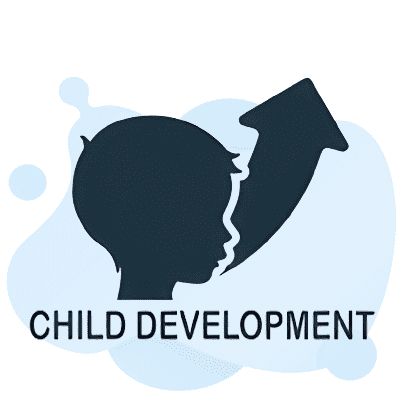

If you have a passion for working with young children and want to pursue a rewarding career in childcare, obtaining a CDA (Child Development Associate) credential is a crucial step towards achieving your goals. The CDA credential is a nationally recognized qualification in the field of early childhood education, and it opens doors to a wide range of career opportunities.


Earning the CDA credential involves several steps and requirements. The first step is to complete the required training hours, which typically cover various topics related to child development, health and safety, and effective teaching practices. After completing the training, individuals must compile a portfolio that showcases their abilities in working with young children. This portfolio should include documentation of their experiences, lessons plans, and reflections. It is essential to carefully follow the specific guidelines provided by the Council for Professional Recognition, the organization responsible for awarding the CDA credential.
Once the portfolio is complete, candidates must pass the CDA exam, which evaluates their understanding of early childhood education principles and practices. The exam consists of multiple-choice questions and requires a comprehensive understanding of child development, effective teaching strategies, and ethical conduct. By preparing thoroughly and studying the recommended materials, individuals can increase their chances of achieving success in the CDA exam.
Once the training, portfolio, and exam requirements are met, candidates can proceed to obtain their CDA certification. This certification is conferred by the Council for Professional Recognition, and it validates the individual’s competence in the field of early childhood education. With the CDA certification in hand, individuals can confidently pursue a variety of positions in childcare centers, preschools, Head Start programs, and other early childhood education settings.
The path to becoming a CDA may seem challenging, but with the right training, dedication, and support, it is an achievable goal. The investment in CDA training and certification can open doors to a fulfilling career in early childhood education, where individuals can make a positive impact on the lives of young children and their families.
Earning a CDA credential opens up a world of opportunities for professionals in the field of early childhood education. Not only does it signify a deep understanding of child development, but it also demonstrates a commitment to providing high-quality care and education to young children.
By becoming a child development associate, individuals gain valuable knowledge and skills that make them more qualified for a range of positions in early childhood education. Whether you aspire to be a teacher, program director, or curriculum specialist, the CDA credential acts as a strong foundation for success in this rewarding industry.
The demand for professionals with a background in early childhood education is on the rise, with parents and employers recognizing the importance of quality care and education during a child’s formative years. By holding a child development associate credential, you position yourself as a trusted expert in child development, opening doors to new and exciting career opportunities.
With a CDA certification in hand, you can enjoy career advancements that offer both personal and professional growth. You’ll have the opportunity to work in a variety of settings, such as public and private schools, childcare centers, and Head Start programs. Additionally, you may have the chance to specialize in specific areas of early childhood education, such as special education or bilingual instruction.
The field of early childhood education is diverse, providing a multitude of career paths for CDA-certified professionals. Here are some of the opportunities you can explore:
As you progress in your career, you may also choose to pursue additional education or certifications. This ongoing professional development can further enhance your knowledge and expertise, leading to even more advanced roles and higher earning potential.
Investing in your professional growth by obtaining a CDA credential not only benefits you but also the children you serve. By staying up to date with the latest research and best practices in early childhood education, you can provide the highest level of care and support to help children thrive.
Take the next step in advancing your career in early childhood education by earning your child development associate credential. The opportunities are endless, and with your dedication and expertise, you can make a lasting impact on the lives of young children.
Throughout this article, we have explored the many benefits of earning a CDA (Child Development Associate) credential in the field of early childhood education. The CDA certification not only validates your expertise and knowledge in child development but also opens up a world of exciting career opportunities.
By obtaining the CDA credential, you demonstrate your commitment to providing quality care and education to young children. This prestigious certification equips you with the necessary skills to excel in various positions within the early childhood education field.
With the increasing demand for professionals with a CDA background, there has never been a better time to pursue this career path. Whether you are just starting your journey or looking to advance your existing career, the CDA certification can significantly enhance your prospects.
Investing in your professional growth by earning a CDA credential is a decision that can positively impact both your personal and professional life. So, don’t wait – take the necessary steps to embark on this fulfilling journey and unlock a world of opportunities in the field of early childhood education.